Workers residing in 8 districts and cities of Hai Duong, Thanh Hoa, Nghe An, and Ha Tinh provinces can register to take the Korean language test at the end of January under the EPS Program.
The eight districts and cities include Chi Linh City (Hai Duong), Dong Son and Hoang Hoa districts (Thanh Hoa), Cam Xuyen and Nghi Xuan (Ha Tinh) and Nghi Loc and Hung Nguyen districts, Cua Lo Town (Nghe An), according to information from the Overseas Labor Center.
In the early 2023 exam, workers in the above localities were temporarily suspended from recruitment because there were more than 70 illegal residents in Korea, and more than 27% of workers whose contracts had expired did not return home. However, Vietnam and Korea agreed not to apply this policy to this year's exam because the localities had reduced the rate of illegal residence below the committed level.
The registration period for the exam is January 26-30 and the Korean proficiency test is from March 5-June 14, applicable to workers nationwide. However, the parties will carefully review and exclude candidates whose relatives are parents, spouses, children or siblings residing illegally in Korea.
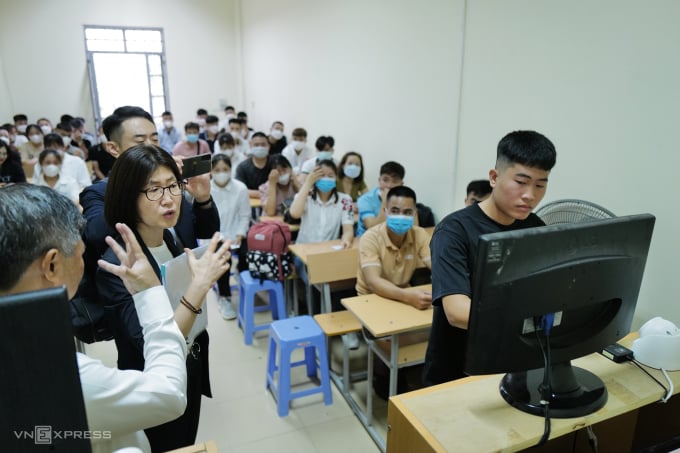
Inside the Korean proficiency test procedure room, May 2023. Photo: Ngoc Thanh
The exam is expected to recruit more than 15,400 workers to work in many industries, specifically manufacturing (more than 11,200), construction (200), agriculture (nearly 900) and fisheries (about 3,000). The agriculture and fisheries sector will recruit workers from ethnic minorities, residing in one of the 74 poor districts and 54 particularly disadvantaged communes in coastal and island areas in the 2021-2025 period.
The EPS program is characterized by the fact that Korean business owners will select workers based on randomly introduced profiles without any designation, and no one can influence the contract signing process. Therefore, workers who pass two rounds of exams and submit their applications are not sure that they will be selected to go to Korea, and do not know in advance the departure time. The center recommends that candidates who submit their applications should still maintain their normal jobs, and should not stay at home waiting in stress, wasting time.
Workers are also wary of recruitment information in the service sector, because Korea currently has a plan to accept workers to lift and unload goods, but Vietnam has not sent them yet. The Overseas Labor Center is also the only place that coordinates with the Human Resources Development Service of Korea (HRD Korea) to select and send workers to work under the EPS program.
Statistics show that in the first 9 months of 2023, the rate of Vietnamese workers residing illegally in Korea increased again to 34.5% while the commitment to this country was 28%. Hai Duong, Lang Son, Nam Dinh, Vinh Phuc are localities with rates fluctuating between 33-37%.
Illegal workers residing in Korea and not returning home after their contracts expire have caused their compatriots to lose the opportunity to leave the country. Many local districts and towns have been put on the list of people temporarily suspended from being sent abroad.
Both sides have proposed many anti-escape measures, such as Vietnam requiring workers to deposit 100 million VND; stop working abroad for 2-5 years; and limit Korean language proficiency tests. Korea stipulates that business owners who employ illegal foreign workers will be restricted from hiring for 3 years; workers who violate the regulations can be imprisoned or fined 30 million won. Korea is also reviewing the recruitment quota for the following year for countries with many workers who have escaped to work abroad.
Hong Chieu
Source link


![[Photo] Prime Minister Pham Minh Chinh receives Deputy Prime Minister of the Republic of Belarus Anatoly Sivak](https://vstatic.vietnam.vn/vietnam/resource/IMAGE/2025/4/2/79cdb685820a45868602e2fa576977a0)
![[Photo] Comrade Khamtay Siphandone - a leader who contributed to fostering Vietnam-Laos relations](https://vstatic.vietnam.vn/vietnam/resource/IMAGE/2025/4/3/3d83ed2d26e2426fabd41862661dfff2)
![[Photo] Special relics at the Vietnam Military History Museum associated with the heroic April 30th](https://vstatic.vietnam.vn/vietnam/resource/IMAGE/2025/4/3/a49d65b17b804e398de42bc2caba8368)

![[Photo] Prime Minister Pham Minh Chinh receives CEO of Standard Chartered Group](https://vstatic.vietnam.vn/vietnam/resource/IMAGE/2025/4/2/125507ba412d4ebfb091fa7ddb936b3b)

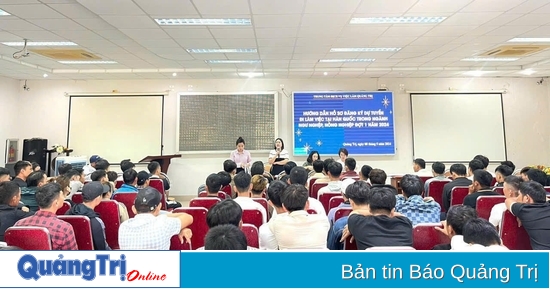


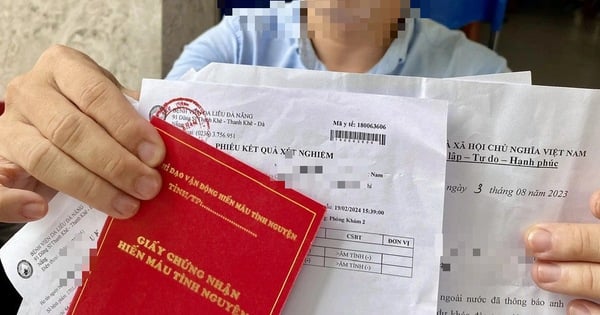

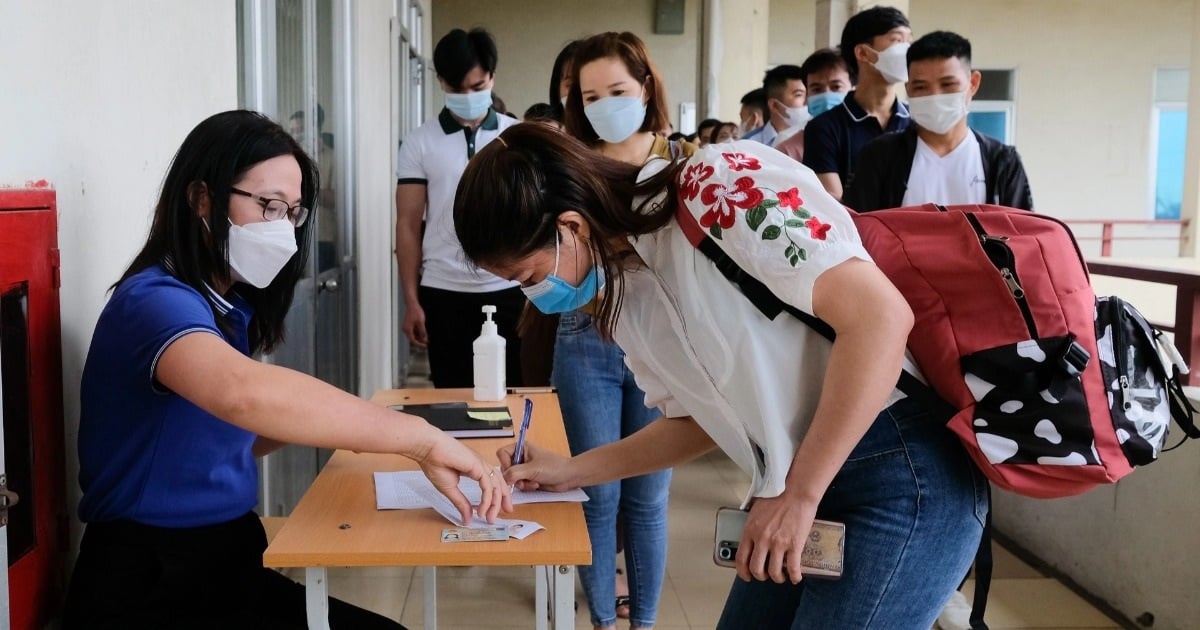

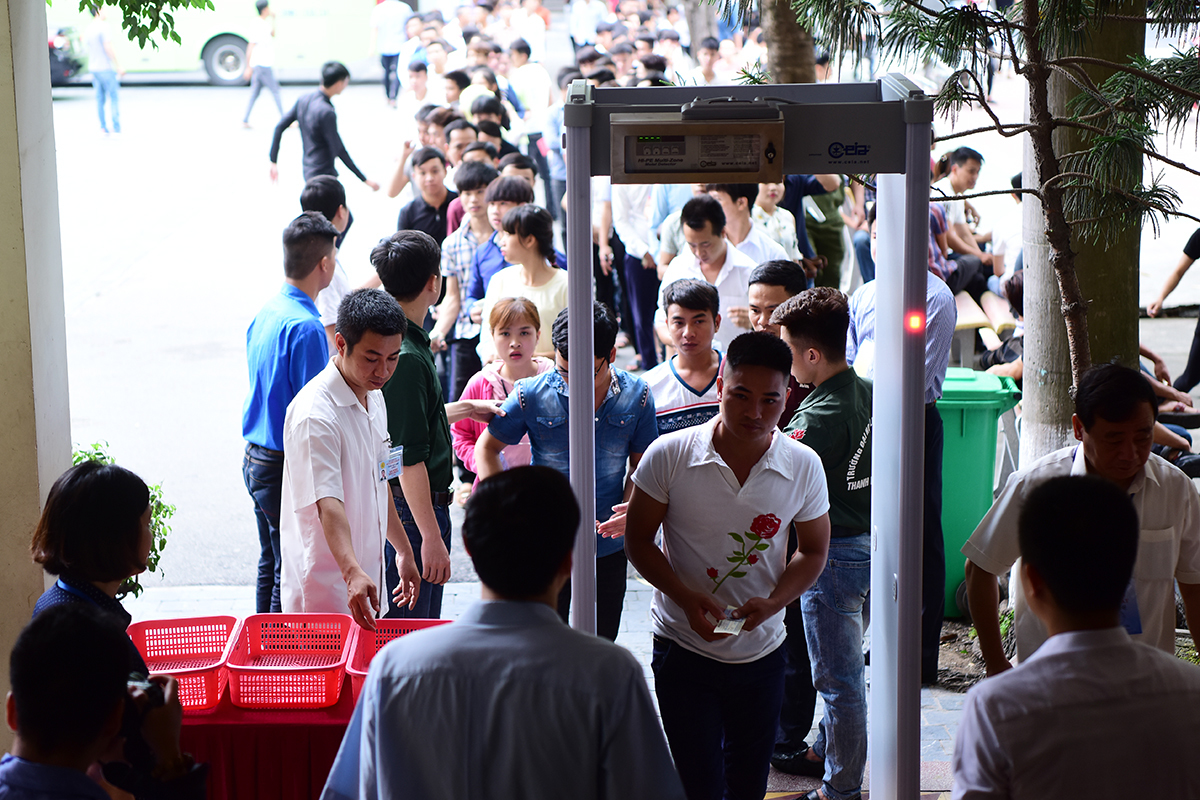
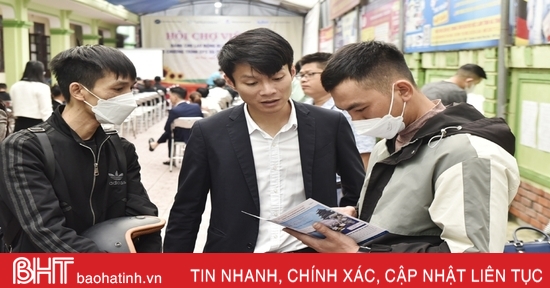
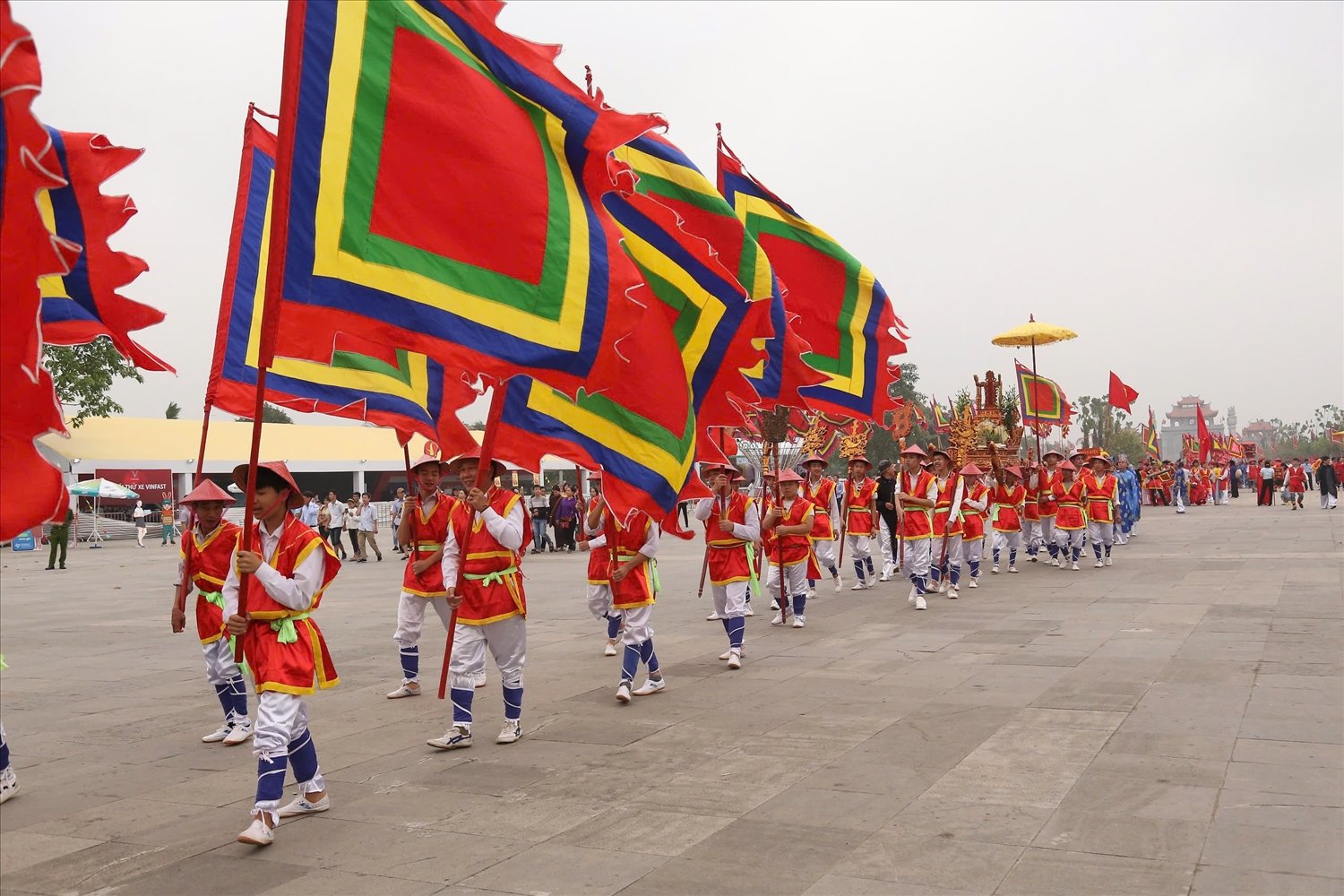
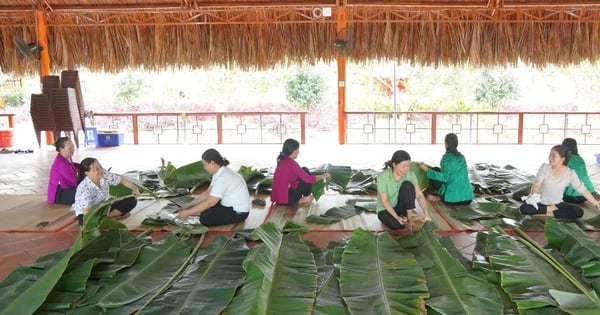
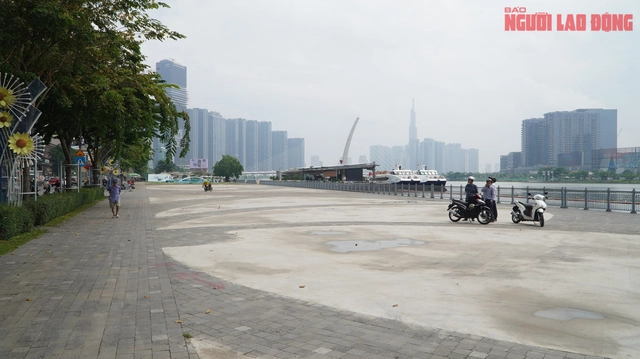
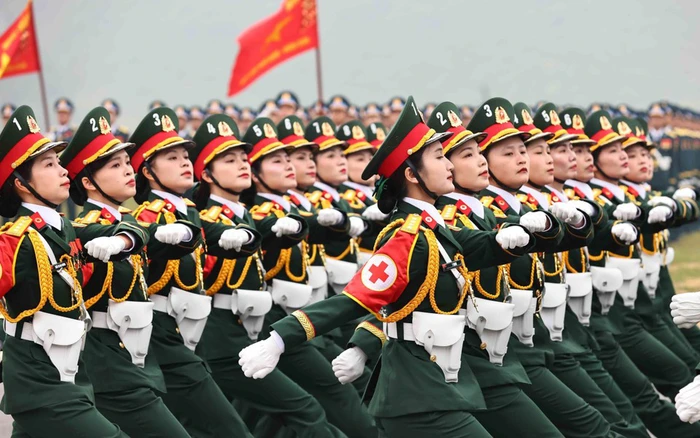
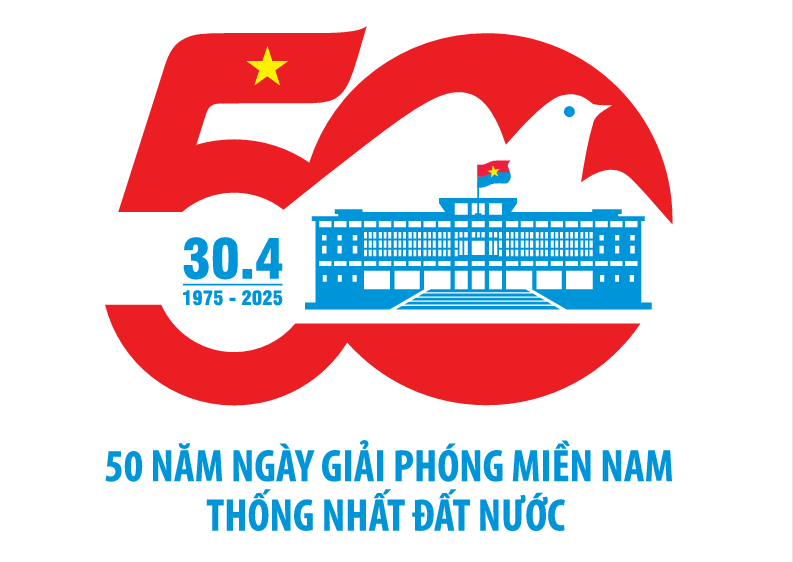










































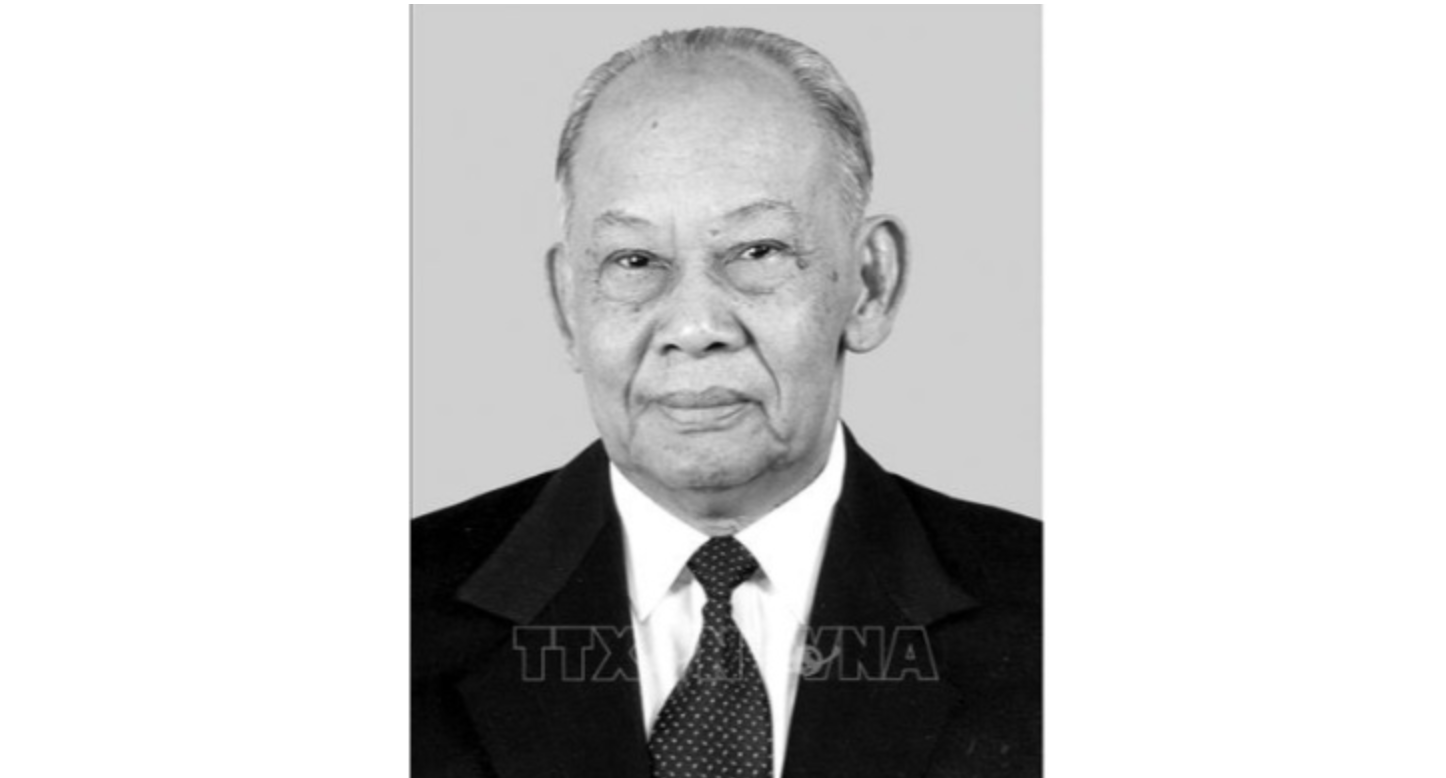

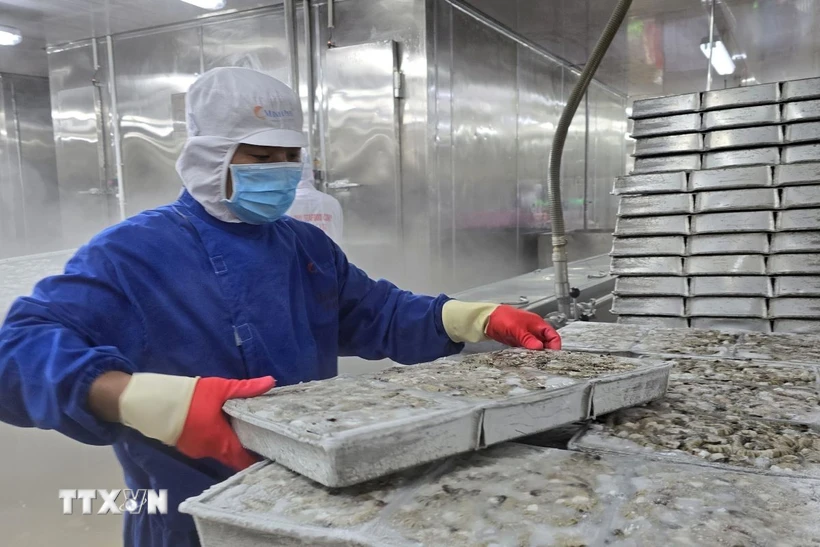
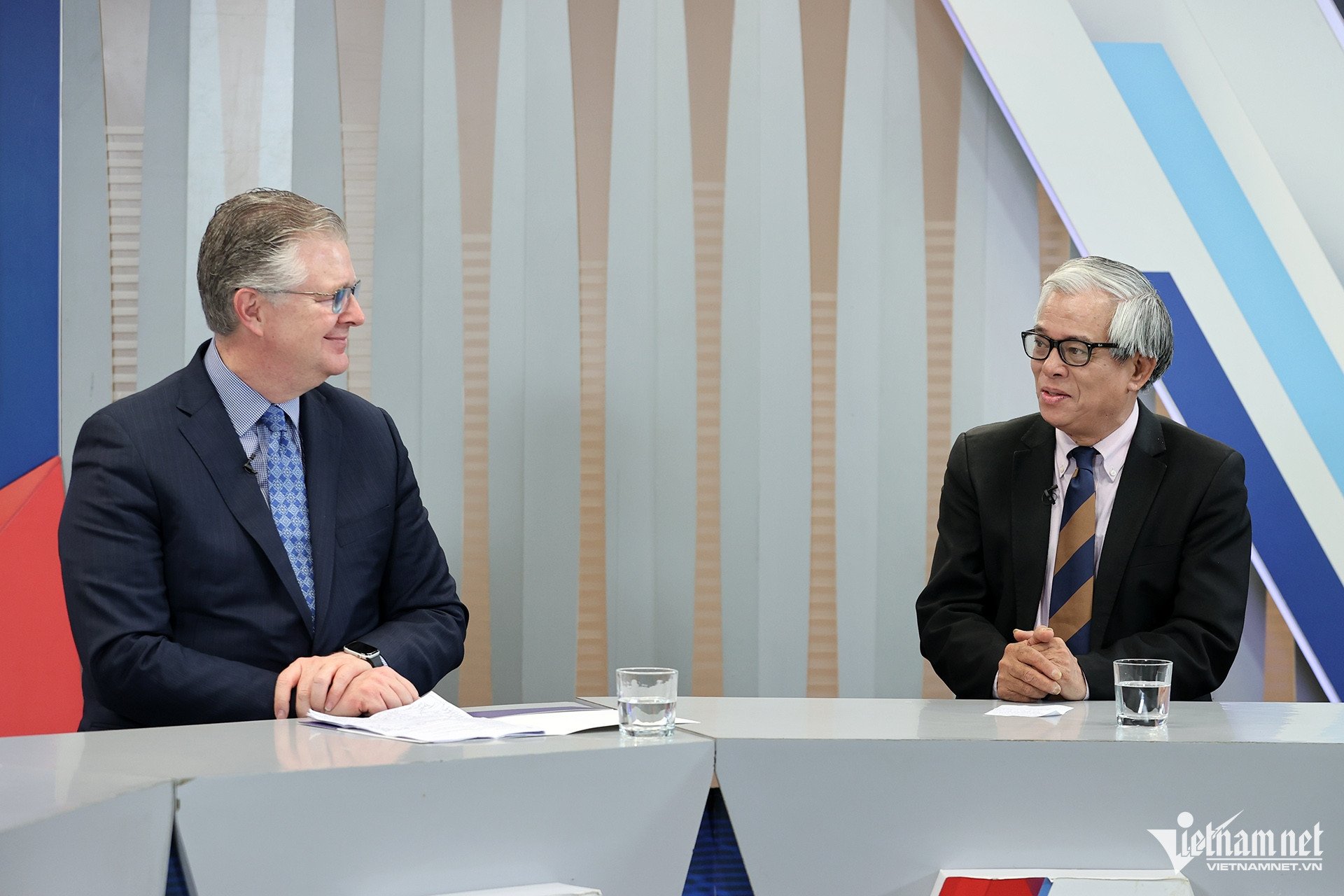




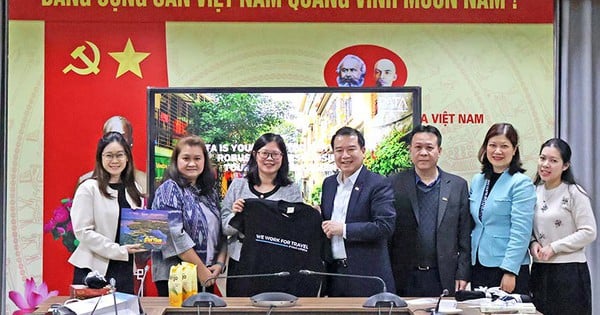




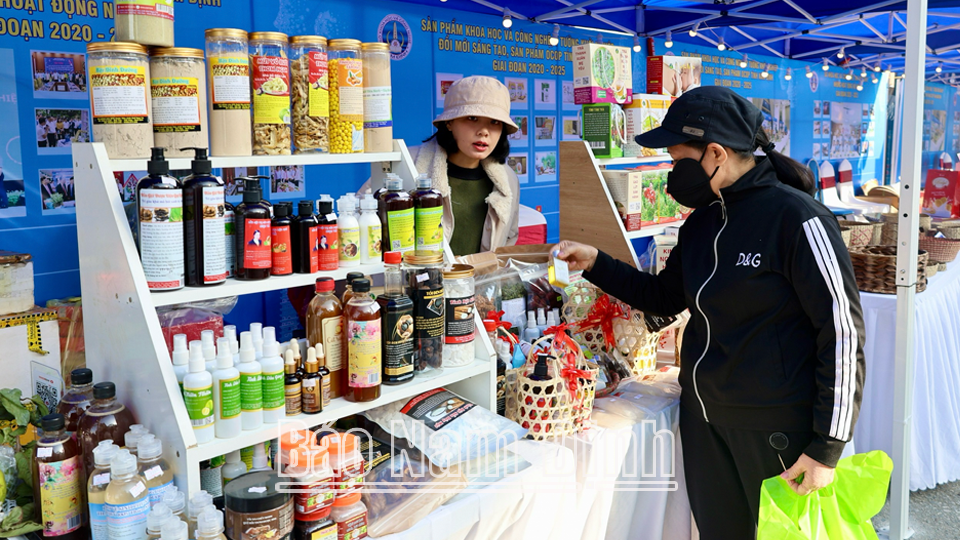






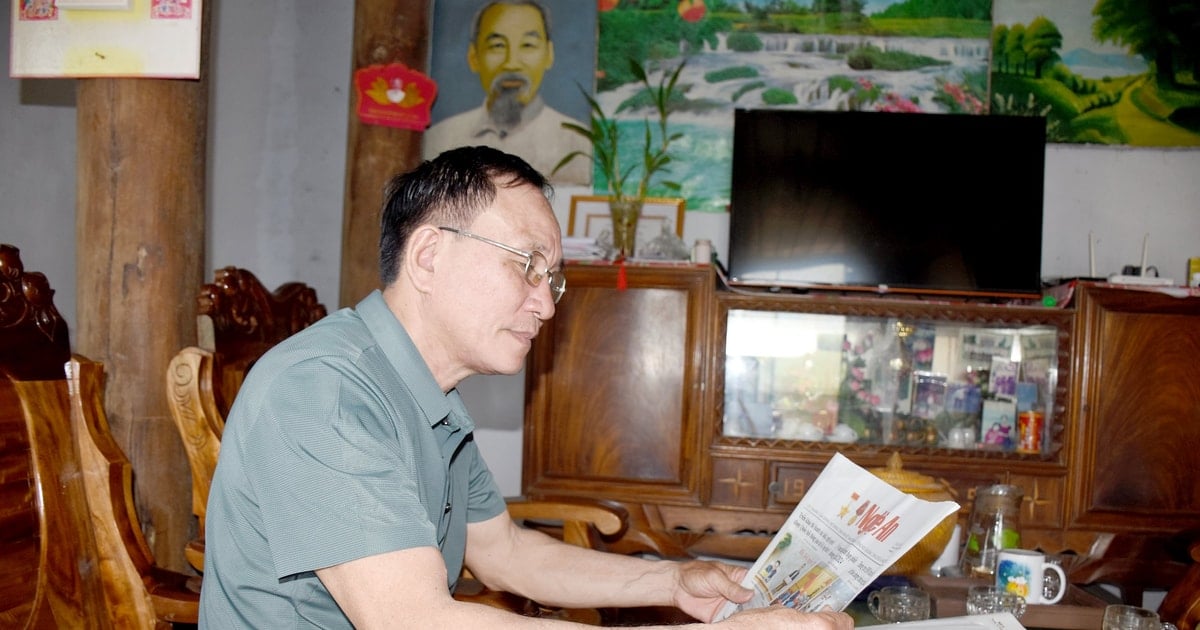













Comment (0)